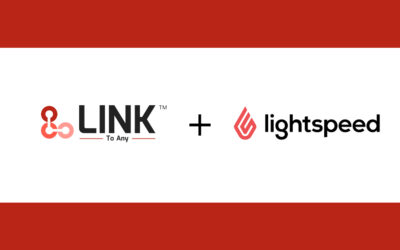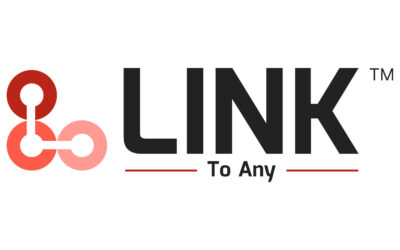In an era where technology dictates market dynamics, small businesses often find themselves at a crossroads. The challenge isn’t just about adopting technology; it’s about integrating it effectively into their existing ecosystems. This is where the concept of democratizing tech access through integrations becomes crucial.
From my experiences at PayPal and Trustgenix, a consistent narrative emerged: small businesses across nearly 20 countries grappled with the complexities of technology integration. This widespread issue highlighted a gap in the market – a need for accessible, simplified tech solutions for small and medium-sized businesses (SMBs).
The right integration strategy can serve as a catalyst for SMBs. It’s about more than just connecting different software; it’s about creating a seamless, efficient, and scalable operational framework. This approach enables small businesses to focus on their core offerings rather than being encumbered by technological challenges.
For instance, at LINK, we observed that the integration process, traditionally taking weeks, could be shortened to hours with the right tools. This kind of efficiency enables SMBs to quickly adapt to market changes and customer needs, which is vital in today’s fast-paced business environment.
However, the goal of tech integration extends beyond operational efficiency. It opens doors to new possibilities – from improving customer engagement to optimizing internal workflows. The ability to effortlessly integrate new apps and technologies can transform the way small businesses operate, giving them a competitive edge in an increasingly digital marketplace.
This vision of integration goes beyond mere technology; it’s about fostering an ecosystem where SMBs can thrive. The focus should be on developing platforms that are powerful yet intuitive, removing the intimidation factor often associated with advanced tech. Small businesses should feel empowered by technology, not overwhelmed by it.
Reflecting on the journey so far, the impact of such integrations on small businesses is clear. When SMBs harness the power of streamlined technology, they not only survive; they thrive. This success is a testament to the potential that lies in making technology accessible and relevant to their unique needs.
As we look to the future, the integration landscape for SMBs holds immense promise. The continuous evolution of customer needs and technology trends means that the ability to adapt quickly is more important than ever. Therefore, the focus should be on creating adaptable, user-friendly integration solutions that can grow with the business.
In conclusion, integrating the right technology is a game-changer for small businesses. It’s not about keeping up with tech trends; it’s about choosing tools that align with and enhance their unique business models. The future of SMBs in the digital age lies in leveraging technology not just as a tool, but as a strategic asset for growth and sustainability.





































